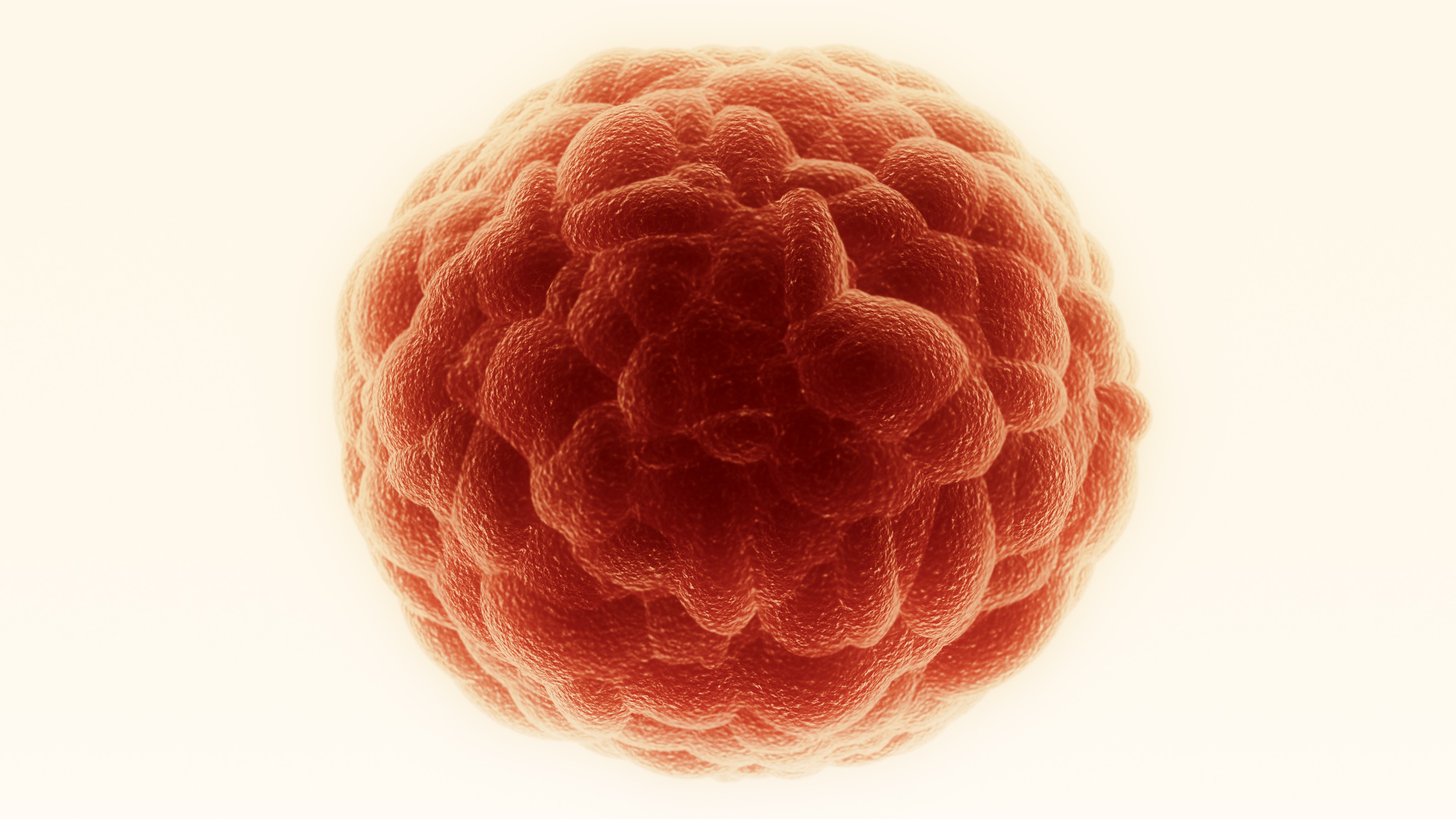Study: Cancer patients who choose alternative treatments ‘twice as likely’ to die

A new study shows that cancer patients who chose alternative remedies alongside conventional treatments were twice as likely to die from the disease.
The study showed that patients who chose alternative remedies, like traditional Chinese medicine and homeopathy, were more likely to pick and choose from conventional cancer treatments, such as chemotherapy and surgery, likely figuring that their alternative treatments would fill in the gaps. But in many cases, the decision to opt out of additional conventional treatments seemed to prove fatal.
However, patients who chose alternative treatments while also adhering to conventional treatments showed no greater risk of dying.
“Unfortunately, there is a great deal of confusion about the role of complementary therapies,” Skyler Johnson, lead author of the new study, told The Independent. “Although they may be used to support patients experiencing symptoms from cancer treatment, it looks as though they are either being marketed, or understood to be effective [as] cancer treatments.”
Alternative remedies can still be useful. The study, published in JAMA Oncology, notes that between 48 and 88 percent of cancer patients choose a complementary regimen of both conventional and alternative treatments, which can also include probiotics, Tai Chi, meditation, specialized diets and prayer.

Acupuncture. (Credit: Pixabay commons)
Complementary treatments comprise a multi-billion-dollar industry, one that’s been booming in recent years.
“Its growth has been attributed to its increased availability and marketing as well as congruence with patients’ beliefs, values, and philosophies regarding their health, especially the desire for direct self-autonomy,” the study authors wrote.
Alternative treatments can improve a cancer patient’s quality of life and help them feel more hopeful, but there’s no evidence to suggest they can battle cancer. Regardless, about one-third of cancer patients said they believed alternative treatments could cure cancer, while two-thirds said the treatments could prolong life.
The study, which analyzed the cancer history of 1,290 patients, found that cancer patients who chose more alternative over conventional treatments tended to be women who were young, educated, of a higher socioeconomic status, and, interestingly, lived in the Pacific or Intermountain West regions of the United States.
“This finding, again, is consistent with prior literature that noted ‘the high concentration of CAM [complementary and alternative medicine] schools in these States, State legislation favoring CAM, and the high concentration of immigrants in these states who may be using CAM.’”
The researchers said it’s important doctors have open discussions about alternative remedies with patients.
“Given the hesitance on behalf of patients to disclose nonmedical therapy to their clinicians,health care professionals need to be proactive in discussing CM [complementary medicine] and adherence to conventional medicine treatment with their patients,” they wrote.





